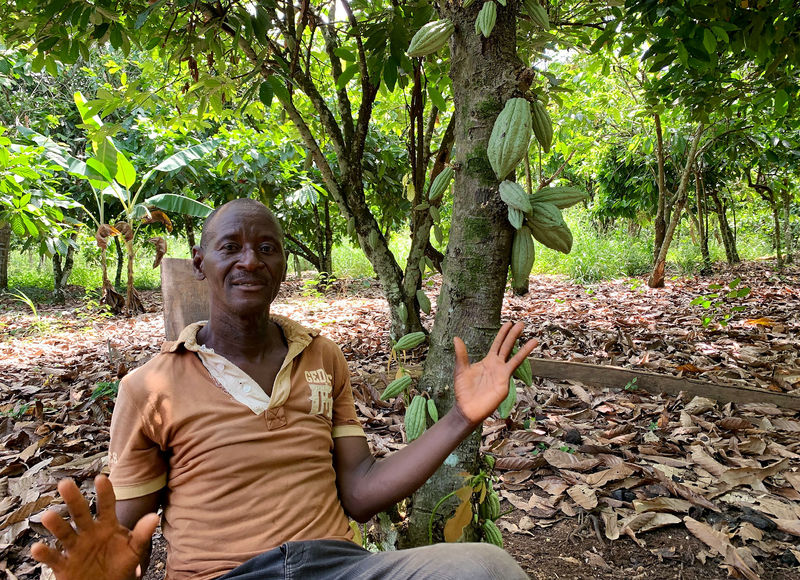Ghana close to securing insurance scheme for farmers
Ghana is on the brink of securing an insurance scheme for smallholder farmers in the northern part of the country under the Africa Risk Capacity of the African Union.
Having completed the initial processes, the AU has given Ghana a certificate of good standing that paves the way for the country to pay a premium for the weather index based insurance package for smallholder farmers to ensure food security.
Under the package, the AU would pay compensation to farmers whose crops would be affected by long-dry-spell, an adverse effect of climate change.
Mr Eric Nana Agyemang-Prempeh, the Director General of the National Disaster Management Organisation (NADMO), announced this at a side event of the ongoing COP26 in Glasgow, United Kingdom.
He said the report covering the insurance would soon be presented to Parliament and Cabinet for approval and then to the Finance Ministry for the premium to be paid.
He explained that Ghana, through NADMO, had gone through a number of processes including documentation and customisation to qualify for the insurance package, which was under the Africa Risk Capacity (ARC) of the AU.
The ARC seeks an African solution to one of the continent’s most pressing challenges; climate change, and with the commencement of the insurance package, it would allay farmers’ fear of unpredictable rainfall.
Statistics from the Ghana Meteorological Agency indicate that there had been a decline in the long-term mean of 6,550 mm, which was the normal rainfall pattern at the beginning of the 2000s.
Mr Agyemang-Prempeh also corroborated the rise in droughts, floods and bushfires in the past two decades and that NADMO was working tirelessly with other relevant institutions, both government and non-government, to mitigate, adapt and build resilience for communities against those hazards.
Madam Charlotte Norman, the Director of Climate Change and Disaster Risk Reduction at NADMO, explained to the Ghana News Agency that “The scheme is dependent on automatic weather stations.”
Automatic weather stations (AWS) are map-based systems that record daily climatic data including wind, rainfall, relative humidity and temperature.
“The insurance programme uses data from AWS to ascertain when farmers are affected by the weather, and payouts are made based on this data,” she said.
“For example, if there are more than 12 consecutive dry days (less than 2.5 mm of rain) within 20 km of a weather station, it will automatically trigger a payout to policyholders.”
With the insurance system farmers would not need to complain to the insurance company, Madam Norman said, and that once their dashboard showed a dip in the rainfall a trigger was recorded.
The Scheme would provide comfort to smallholder farmers and address the internal migration from the north to the south in search of jobs due to loss of livelihoods as a result of drought, as well as lessen government’s burden in terms of providing relief items should a disaster strike.
Mr Charles Nyaaba, the Head of Programmes and Advocacy, Peasant Farmers Association of Ghana, said the Association welcomed the insurance scheme, which would make farmers heave a sigh of relief.
“The issue of drought, for some years now, has been one of major problems of farmers, particularly in the northern part of the country,” he said.
“The normal planting season has changed from May to June-July. The observation is that a month after planting, dry spells would set in for some time and then the rains would begin with high intensity, destroying the crops.”
Mr Nyaaba commended the Government for taking up the initiative and appealed to the relevant bodies to fast-track the processes to operationalise the scheme.
“This is a great initiative because the risk involved in farming, which is linked to the unpredictable nature of rainfall, makes farming unattractive,” he said.
“No one is willing to procure loans due to the fear of losses. When the insurance is secured farmers can boldly borrow from financial institutions, procure simple tools and expand their farms. It will coil all the fears, build resilience and contribute to food security.”
This story was produced as part of the 2021 Climate Change Media Partnership, a journalism fellowship organised by Internews’ Earth Journalism Network and the Stanley Centre for Peace and Security.



